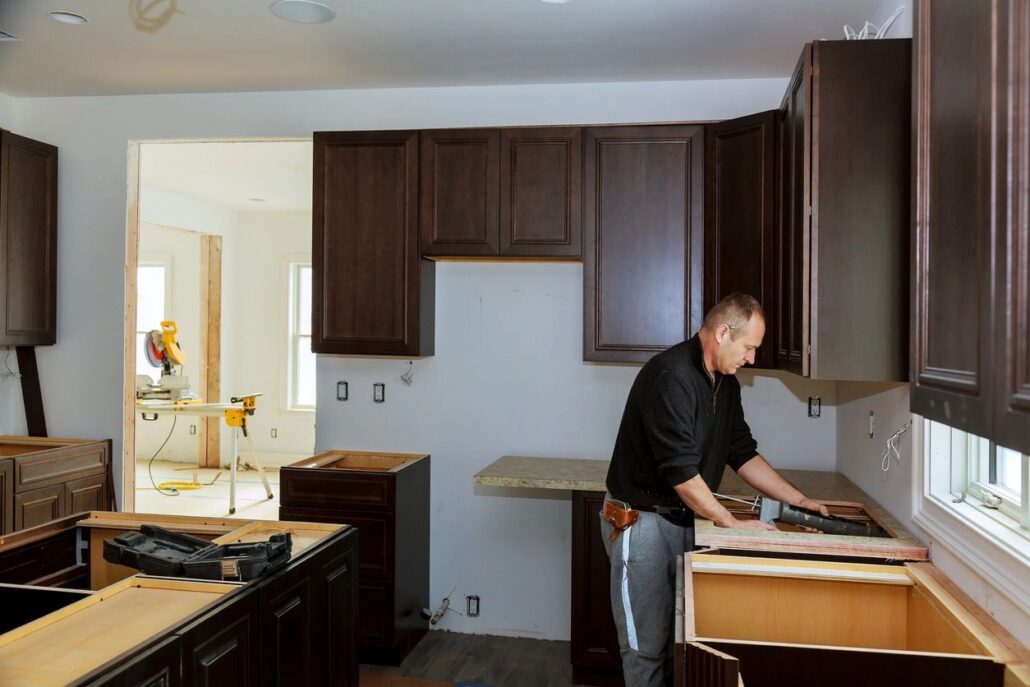Money Matters: The Real Costs of Purchasing a Home
Cary, NC — Homeownership has several advantages over renting, including lower monthly payments, deductible mortgage interest, and the accumulation of equity. But there is a definite price to pay for these benefits, including the expenses we’ll break down here.
Initial Equity
The biggest spend to know out of the gate is your initial equity. There are two costs that constitute the beginning equity in your home.
The first is earnest money, typically $500 to $2,000, which ensures your commitment to the deal. You can get a refund if the deal falls through due to no fault of your own. The other initial spend is your down payment, which typically ranges from 3.5 to 20%. You make the down payment at the closing. Your mortgage covers the difference between the purchase price and the initial equity.

Fees, Fees & More Fees
It seems like every time you turn around, you’ll encounter another fee. Sellers typically pay the broker’s fee, but if you use a buying agent, expect to pay up to 3% of the purchase price. Frequently, mortgage lenders charge an origination fee up to about 1% for the privilege of lending you money. You’ll encounter various other fees, such as those for inspections and surveys. Often, you’ll be asked to pay points, which is prepaid interest on the mortgage loan. Other fees may be charged by a homeowner’s association, a title company, the recorder of deeds, and others.
Don’t Forget Insurance & Taxes
You won’t be able to get a mortgage without first getting homeowner’s insurance, with an average annual premium of approximately $1,200. You may also need flood insurance, based upon your location. Many lenders require you buy private mortgage insurance at an annual cost of 0.5 to 1.0% if your down payment is below 20%. You may also want to buy title insurance to ensure you have clear title to the property. Many folks purchase title-lock insurance to cover losses from mortgage fraud due to identity theft.
Move-In Costs & Initial Repairs

Unless you do it yourself, it may cost you several thousand dollars to engage a moving service – the cost depends on the distance to the new property and how much stuff is being moved.
In addition, you may face immediate repair expenses for problems that the seller has not agreed to fix before closing. Expensive repairs can include a new roof, new HVAC, structural changes, expansions, landscaping, etc. You may also have to pay a fee for a building permit. The worst-case scenario involves necessary, unexpected repairs not identified in the engineer’s inspection report.
Sharpen Up Your Financial Plan
Buying your first home is an enormous step. That’s why it’s essential to have your finances in order first. A well-rounded financial plan will show you how much home you can afford without shortchanging your retirement and other life events. Contact me today to review your financial plan and ensure you are on solid ground before making an expensive commitment. Together, we can find the financial comfort zone for your home purchase.
LPL Financial Professionals do not offer mortgage or lending services. We suggest that you contact a mortgage or lending professional regarding those services.
This material is for general information only and is not intended to provide specific advice or recommendations for any individual. There is no assurance that the views or strategies discussed are suitable for all investors or will yield positive outcomes. Investing involves risks including possible loss of principal.
Story courtesy of Briant Sikorski. Materials prepared by LPL Financial, LLC. Read more Money Matters on CaryCitizen.
All the Cary news for the informed Cary citizen. Subscribe by email.



